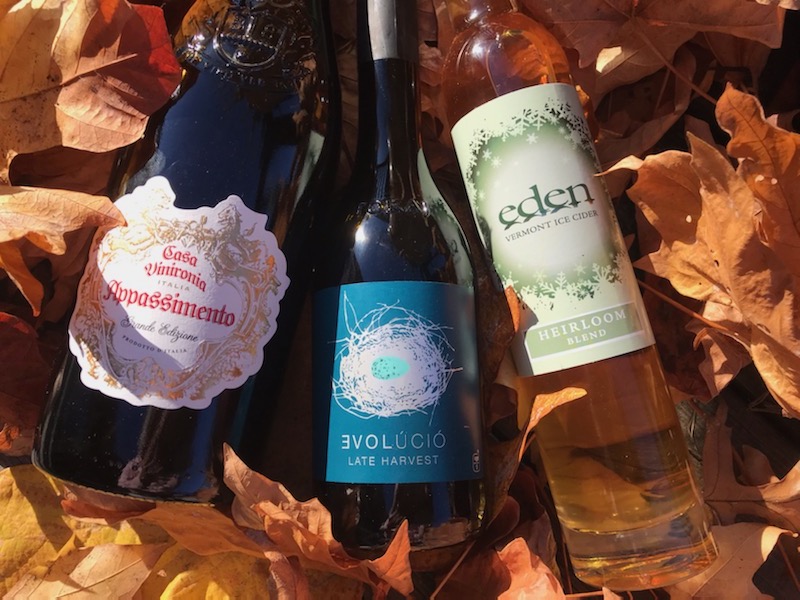When I had my wine bar, Vinostrology, I always found it amusing how often people would tell me that




- Save money
- Support local businesses
- Unlock exclusive Cascadia Daily News subscription discounts, like 50% off an annual subscription!
Browse our subscription offers or consider donating to support local journalism.
Already a subscriber?
Log in




